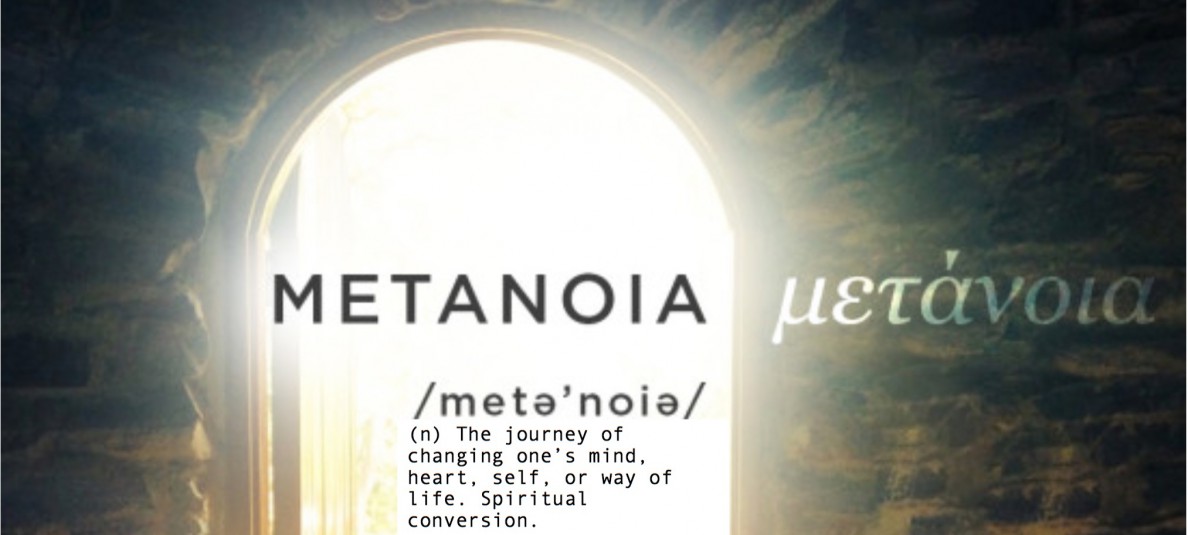Ash Wednesday(C): The Reward
By: The Rev. Leah Lyman Waldron
I don’t know about you, but when I read the Ash Wednesday lectionary scripture this year, I immediately thought of George Michael.
First, let me apologize in case Wake Me Up Before You Go-Go is now stuck in your head. Second, let me explain. Despite his international celebrity status as one half of the duo Wham! and as a successful pop star in his own right, it was only after his untimely death in 2016 that another side of his life became public: he had anonymously donated millions to charities, secretly bankrolled ordinary people’s dreams, and volunteered regularly at homeless shelters where he asked that his participation be kept quiet.
George Michael’s under-the-radar generosity stood out in part because it ran so contrary to the more common mold of celebrity giving: many lend their faces to high profile events that highlight their pet causes, yes, but also conveniently give the stars a PR boost.
Ironically, hupokrités—Jesus’ term for such public do-gooders—also brings to mind celebrities, especially the Hollywood kind: originally referring to stage players who wore a mask when performing roles different from their real-life personas, it later morphed into a figurative term for those who put on an act in public different from their private motivations for doing so.
Jesus uses a formula to condemn this two-faced behavior: when you give alms/pray/fast, don’t be like the hypocrites who announce their behavior publicly; they’ve already received their reward. Instead, give alms/pray/fast privately, and God, who sees you in secret, will reward you in a different way.
What exactly are the rewards the hypocrites receive? Jesus names the dividends for publicizing our piety as praise (v. 2), visibility (v. 5), and recognition (v. 16) – in other words, having our status and worth confirmed by others.
For those of us who like to think we have developed some measure of self-awareness, it can be easy to dismiss this external validation as superficial nonsense we know better than to chase after. But you don’t have to be standing on a street corner broadcasting your charitable works to get hooked by this kind of reward.
Have you ever re-worked a sermon with a particularly vocal parishioner’s potential reaction in mind? Or casually shared how many pastoral visits you’ve made this week so your congregation will know just how busy—and therefore valuable—you are? Or said “yes” to officiating a non-member funeral or presiding over the town prayer breakfast because you know it will raise your profile—or your church’s? Heck, I even publicize it to my spouse whenever I take out the compost, just to ensure my contributions to our domestic happiness are properly appreciated.
Our egos are always happy to justify such behavior. After all, what we’re doing is good, and we are often doing it for intrinsically worthy reasons mixed in amidst the external ones. And having our worth reinforced by others is, indeed, a powerful reward, one we’ve been trained to seek out since the time we were children looking for our parents’ approval.
Many of us crave being told we are good and worthy because, deep down, we aren’t consistently certain it’s true; and no wonder, since the very people and places where we find validation can just as easily reject us, as any pastor who’s made an unpopular decision can tell you.
It’s no surprise, then, that Jesus calls us to examine our motivations not once but three times; he is working to break through years of human conditioning. And three times he follows his admonition with a reminder of where our true worth lives: in God, who rewards us in “secret”–kruptos, meaning in a hidden or inward way.
What is this inward reward? Though the NRSV uses the same word to describe them both, in Greek public piety is rewarded with misthos—literally pay, wages, or salary; while the way God rewards private piety is apodidómi: to give back, return, restore. One seeks to motivate us with “more,” while the other seeks to reconnect us to the “enough” that we already are.
As Jesus’ repeated use of “Father” reminds us, we are inherently worthy and deeply beloved children of a parent God—one who created us not for approval but for relationship, and one who longs for the restoration of that relationship, as the Hebrew Bible lectionary reading for today reminds us:
“Yet even now, says the Lord,
return to me with all your heart.” (Joel 2:12)
The more we put our stock in that relationship this Lent and the more we trust in eternal validation rather than external ones, the more we’ll find our hearts at home, in the very place where God resides:
“Store up for yourselves treasures in heaven…For where your treasure is, there your heart will be also.” (Matthew 6:20-21)

The Rev. Leah Lyman Waldron is currently on maternity leave as the pastor of Park Avenue Congregational Church United Church of Christ in Arlington, Massachusetts. A self-proclaimed thriftvangelist, her ideal day involves a run; some good thrift shopping; and a dance party with her two kids and her husband, Chris.
